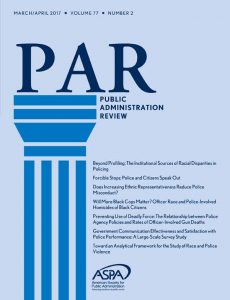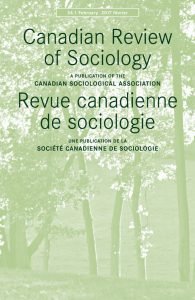Transitions from care to adulthood: exploring historical narratives
Outcomes for care leavers The evidence has been well publicised: young people who have spent their formative years in public care are less likely than their peers to be in gainful employment, and more likely to become homeless, to become involved in crime or prostitution or to become long-term dependent on the state. A closer inspection of the data tends to reveal a much more nuanced picture: a small group of care leavers are ‘movers on’ who achieve educational, employment...



















1520-6688/asset/Capture.jpg?v=1&s=b5076c49a7d1c5f1b9cf0dd9cd292394a3be81cc)
